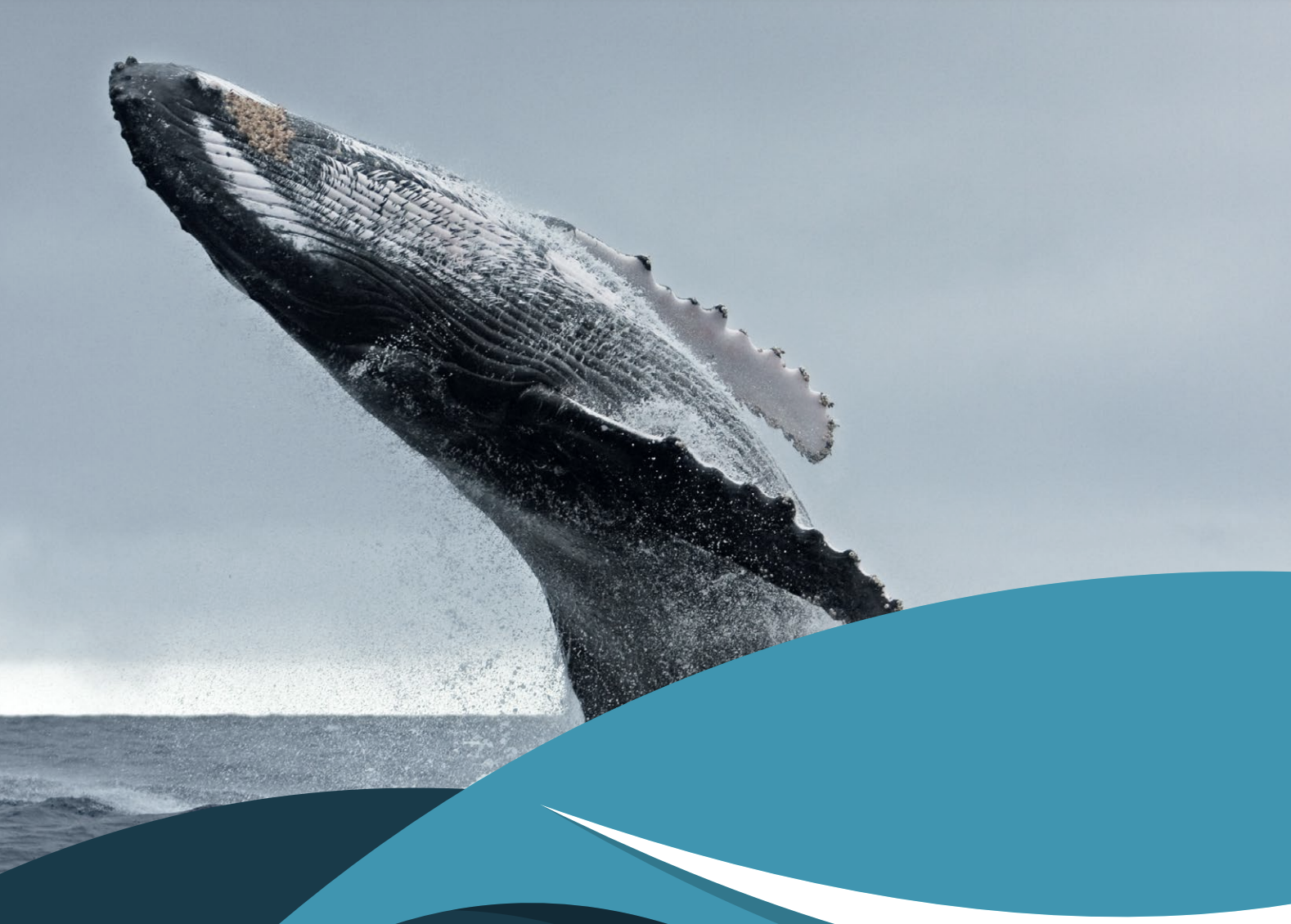SHAREHOLDER ADVISORY The proposed business combination between Sustainable Opportunities Acquisition and DeepGreen
Executive Summary
The purpose of this Shareholder Advisory is to inform potential investors in the business combination proposed by DeepGreen Metals and Sustainable Opportunities Acquisition Corporation (SOAC) to form The Metals Company (TMC).
We believe that the Advisory is of particular relevance to SOAC public shareholders, who would be anticipating an investment with strong sustainability credentials and who will shortly be invited to vote on approving the business combination and/or to elect to maintain or redeem their investment.
The Advisory critiques the Provisional S-4 Prospectus filed by SOAC and DeepGreen with the Securities and Exchange Commission (SEC). Its focus is on the many environmental, social and governance (ESG) risks, which are in our view, either inadequately described in the Prospectus or in some cases not disclosed at all.
We believe the many material concerns raised in this Advisory demonstrate that TMC is not the sustainable venture promoted to SOAC investors. TMC’s core business centers on mining rocks (polymetallic nodules) on the sea floor. It plans to establish a massive industrial activity in the deep ocean – an environment that has until now remained ecologically intact.
Due to the ESG risks identified in this advisory, scientists, legal experts, national and international governments, local communities, high-profile conservationists, leading businesses and a broad range of civil society voices urge either a moratorium or a complete ban on deep sea mining.
We believe that, aside from being fundamentally unsustainable (discussed in Section 1), the business proposal being advanced by SOAC is riddled with a multitude of risks, including:
- Key determinants of commercial viability and DeepGreen’s valuation are unknown;
- Estimates of future revenues, operating expenditures, value and size of mineral reserves are speculative and may be affected by flaws in DeepGreen’s financial controls;
- Capacity of TMC senior personnel to manage a large-scale mining project is unknown (Section 5);
- A serious mismatch between DeepGreen’s business plan to begin commercial production in 2024 and the status of regulations, terms and conditions for DSM and of equipment and operating systems (Section 4);
- Technology and processes are experimental concepts: no proof of performance or production efficiencies;
- Legal ambiguity of central elements of the regulatory and governance frameworks for DSM including the important issue of effective control of subsidiaries;
- Vulnerability to changes in the political context of DeepGreen’s sponsoring states and the capacity of these small island developing economies to meet requirements for effective control of subsidiaries;
- Worldwide concern from business, governments, scientists and civil society calling variously for a moratorium or ban on DSM;
- The wide-ranging liabilities likely to arise in order to compensate for loss and damage resulting from environmental impacts (Section 3);
- Potential impacts on deep sea and wider marine species, habitats, ecosystems and ecosystem functions and services (Sections 1.1 & 3);
- Potential impacts on Pacific national economies and Pacific Islander livelihoods and cultures;
- Potential impacts on high value fisheries such as tuna, of regional and global importance;
- Possible interference with carbon cycling and storage and the potential to exacerbate climate change;
- Human health – in view of the potential toxicity of mine waste discharged, the reliance of Pacific islanders on seafood, and the migratory nature of commercially fished species;
- Non-compliance with environmental requirements and consequent litigation; and
- Uncertain demand for the metals that TMC’s business case hinges on, due to substitution and market resistance to metals sourced from DSM (Section 2.3).
We believe that the business combination proposed by SOAC and DeepGreen to form TMC offers investors a high-risk mining venture which is predicted by science to destroy deep sea ecosystems and to harm ocean systems more widely. Its social and economic liabilities are potentially far reaching. The technical and regulatory hurdles yet to be overcome mean that financial returns, if any, would not be realized for many years.
The demand for metals is shifting: rapidly evolving battery technology is moving away from nickel and cobalt. Recent advances demonstrate that materials can be substituted more rapidly than the timeframe for the development of even a new terrestrial mine, let alone the timeframe of realizing an experimental industry with unproven technology and processes. Investors in TMC may well be left with stockpiles of redundant metals and the world left with a legacy of environmental damage – the full consequences of which science is only beginning to understand.
Download: Advice-to-SOAC-Investors


0 Kommentare